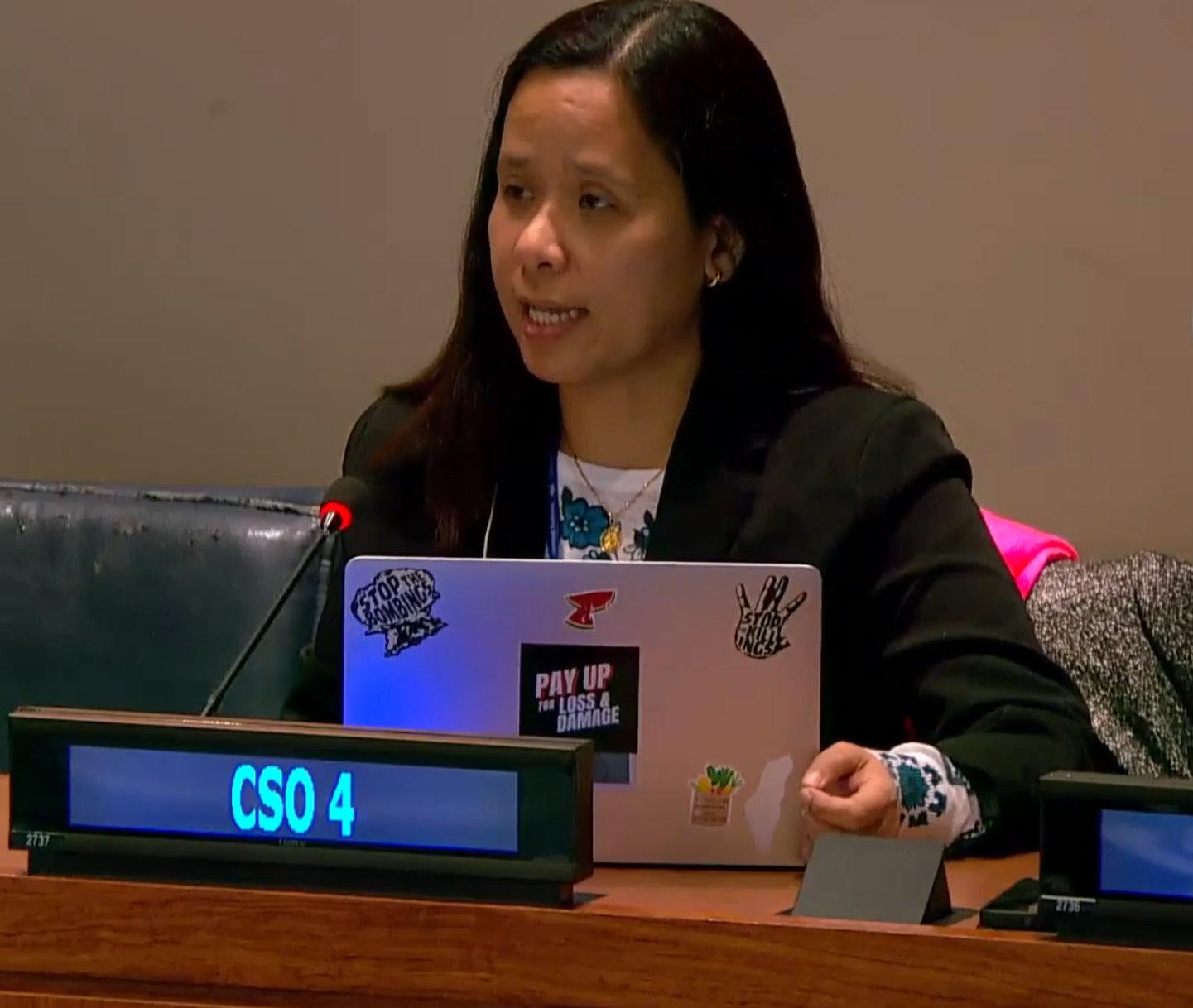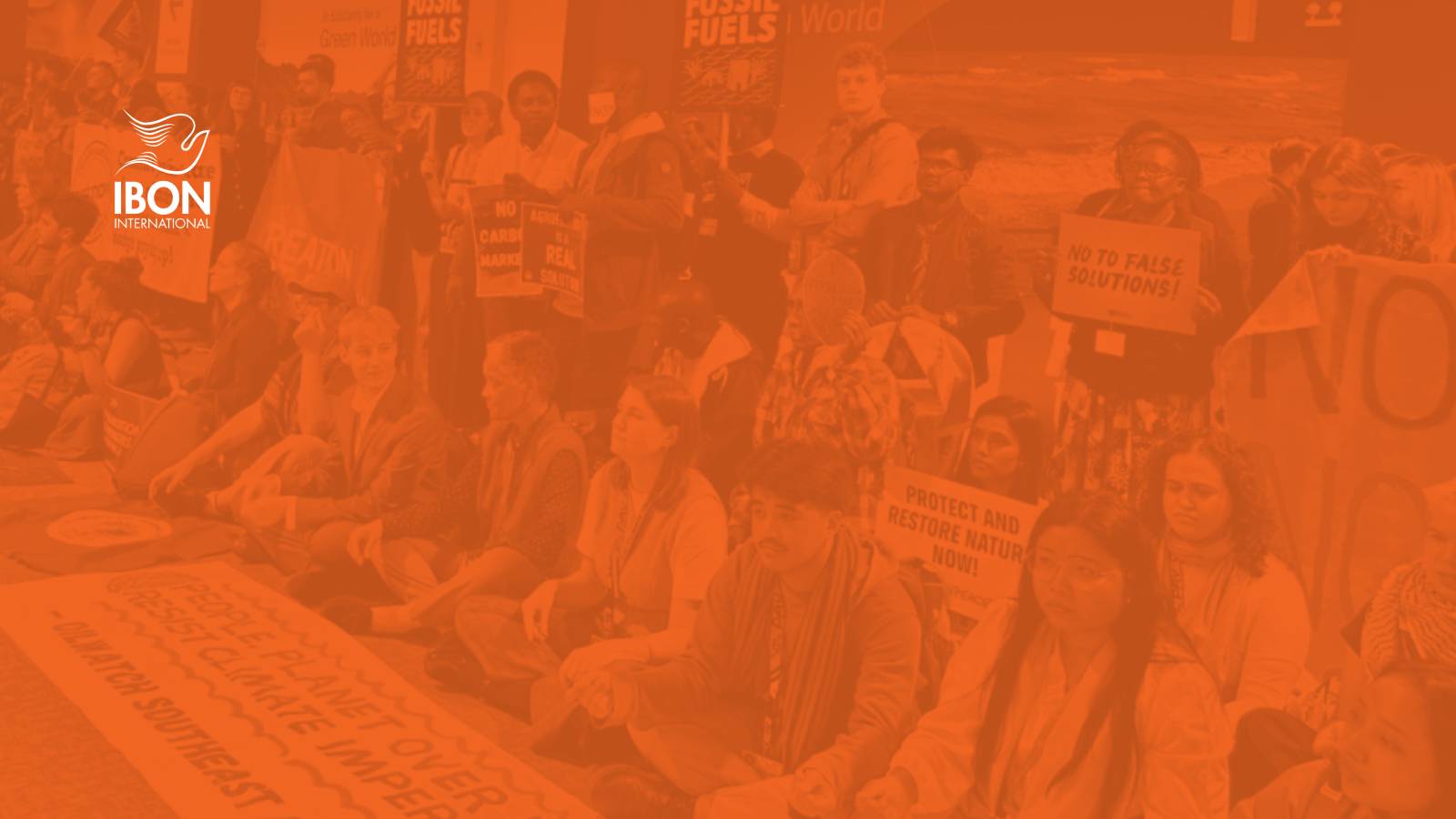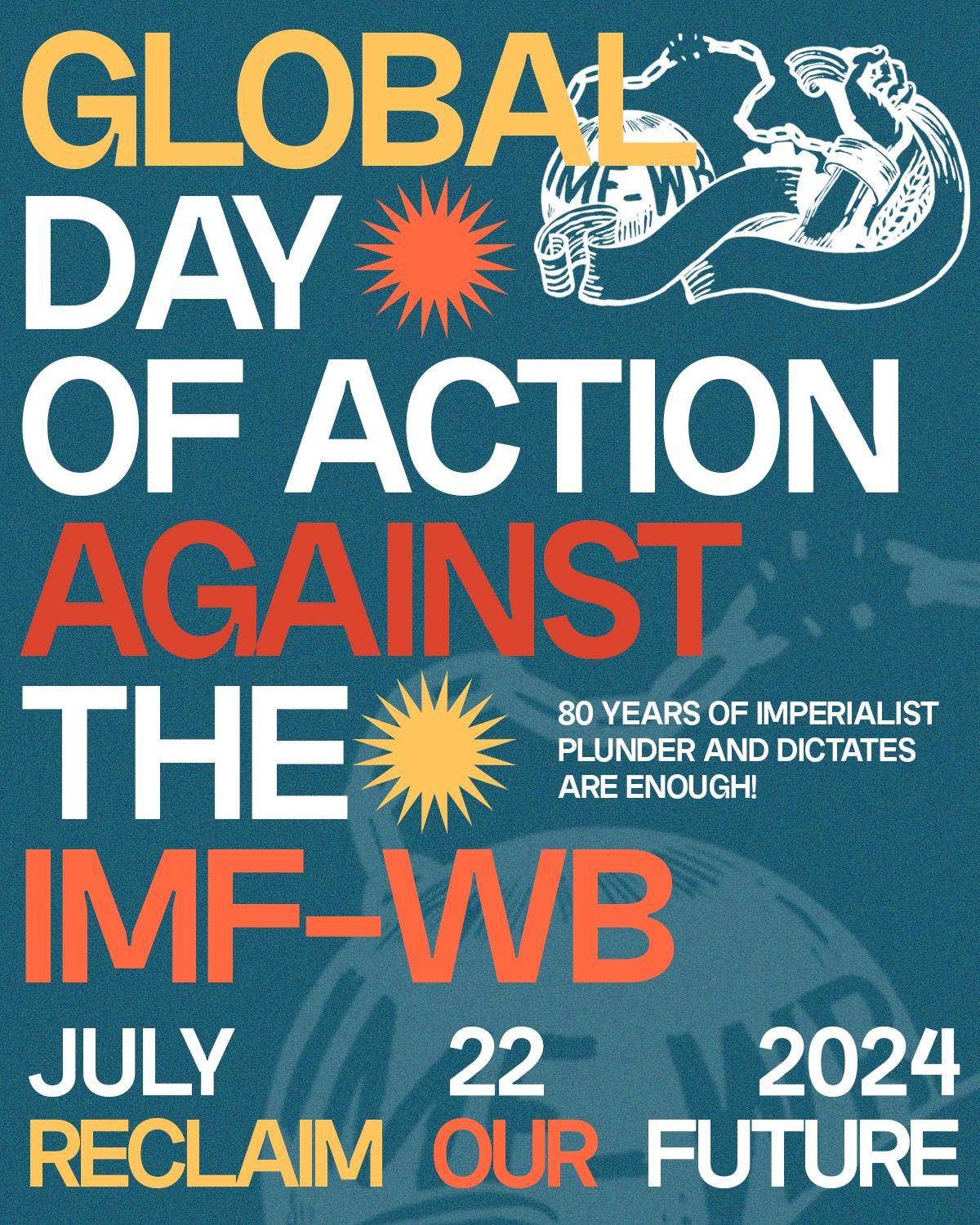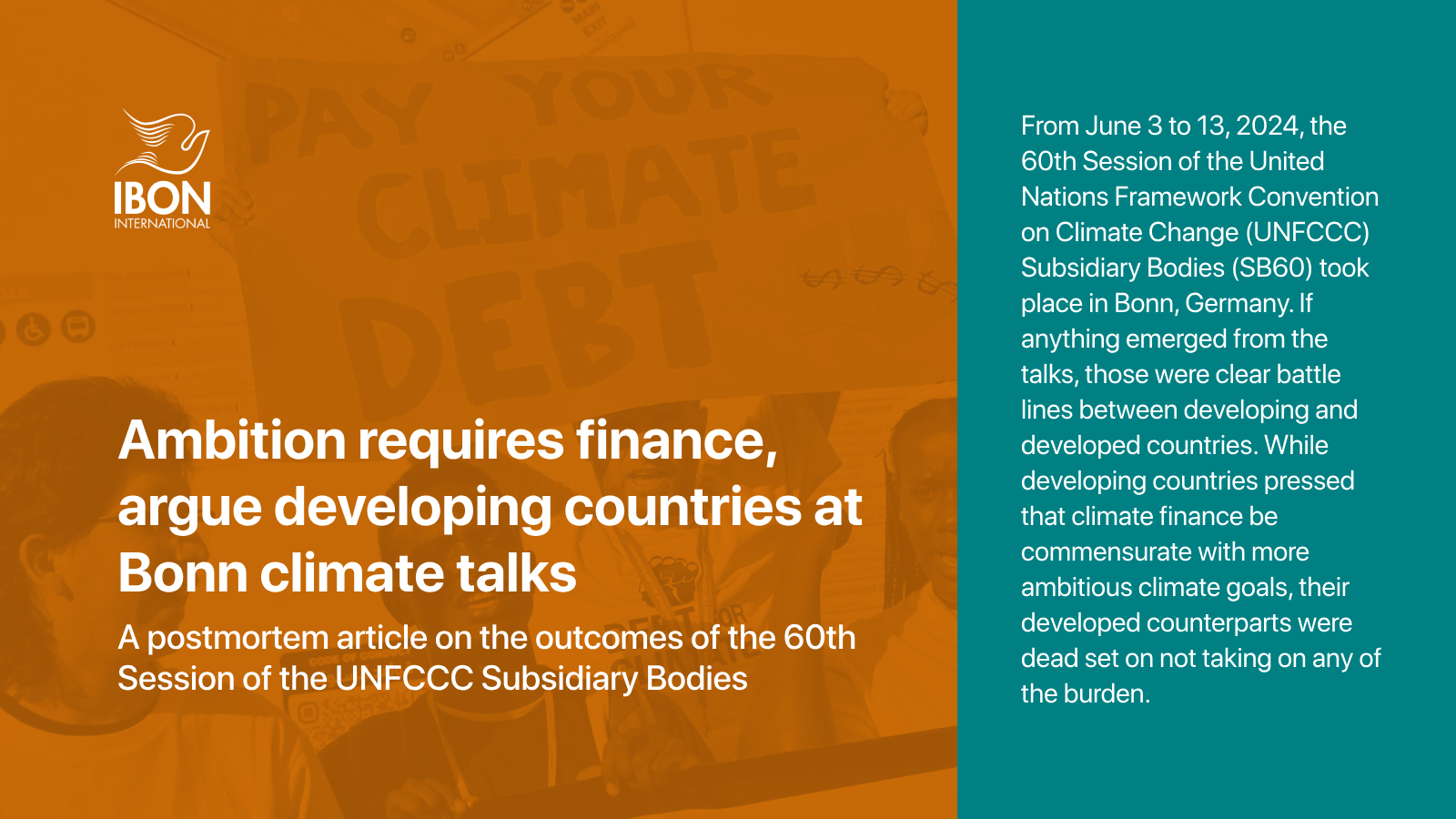For many Kenyans, access to decent and affordable housing remains a big challenge. The housing crisis has been exacerbated by the rise in rural-urban migration, which the 2010 Kenyan Constitution hoped to reverse by devolving some government functions like housing and health to the 47 semi-autonomous governments.
Housing crisis, inadequate government response
Rural-urban migration continues amid widespread poverty, wealth inequalities, and the dire situation of jobs and social services in the countryside. Not only does rural-urban migration stretch limited public infrastructure in urban centres, but it also creates a crisis where the demand for housing surpasses the available supply, leading to the proliferation of informal settlements. Sixty percent of Nairobi City residents reside in informal settlements.
This persistent challenge is further compounded by an inefficient mortgage industry; a burgeoning population; inflation which currently stands at 5%; the ever-increasing construction costs; declining household income; escalating prices of urban land and corruption, among other factors.
Addressing Kenya’s housing crisis is not merely about constructing buildings, it is about ensuring access to affordable, equitable, resilient and people-centered cities. It means making sure that the dream of a decent home is not a luxury, but a human right. According to estimates from the Centre for Affordable Housing Finance in Africa (CAHF), Kenya has a cumulative housing deficit of 2,000,000 units. This deficit grows by over 200,000 annually. While the annual demand is 250,000 units, the annual supply is less than 50,000 units.
It is against this background that current President William Ruto pushed his administration’s pet project, the Affordable Housing Scheme, billed as the program that will solve Kenya’s housing crisis while providing jobs to about a million people a year. The project has taken off despite opposition from workers whose salaries have been forcefully deducted by 3%, economists who question the program’s objectives and practicality, and civil society organisations that continue to question the program’s legality.
Attacks on the people’s right to housing
Even as the government of Kenya breaks laws and disregards court orders in the guise of building decent and affordable housing for low-income earners, it continues to forcefully evict and demolish houses in informal settlements where the most vulnerable communities in Nairobi reside. They do so without providing alternative settlements or proper compensation to facilitate their relocation.
These demolitions and forceful evictions, carried out at night and without prior notice, have resulted in several deaths and massive destruction of properties. The government claims the demolitions and the evictions aim to get people out of the riparian land and away from possible flooding areas. After demolishing their houses, the government continues to pursue them in the markets where they earn their daily income. The latest victims are the Gikomba market traders, whose stalls and businesses were demolished on May 23, 2024.
Those who have raised their voices against these evictions are brutally silenced too. On May 8th, the National Police Service stormed Mathare Social Justice Centre and Ghetto Foundation Offices and arrested 27 Human Rights Defenders (HRDs) for holding meetings to discuss issues around the government’s negligence and forceful eviction of poor families in the area, affecting 40,000 households.
Solidarity for housing rights, stopping the evictions
The Kenyan government has the duty to protect and uphold the rights of the citizenry, such as the urban poor who are susceptible to crises, including the impacts of climate change. For instance, from March to May, Nairobi experienced heavy flooding which led to massive loss of property, loss of over 220 lives, and displacement of over 210,000 people. This underscores the urgency for climate-resilient communities.
In this context, social movements and civil society organisations, including IBON Africa, continue to highlight the need for solidarity with the affected communities and the 27 HRDs and their families who experienced state repression . Civil society organisations also call out and wish to hold the Kenyan government accountable for their reprehensible actions against its citizens.
For Kenyans to truly move towards a future where a safe, secure, and affordable decent home is a right, the government must develop a housing policy that would make houses truly affordable and accessible to accommodate low-income peoples and sectors in Kenya. At a macro level, the government must genuinely prioritise the needs of its citizens, and must respond to the impacts brought about by the current neoliberal system that continues to promote privatisation of public services such as water and housing, depress workers wages, and deprive them of social protection services. #












